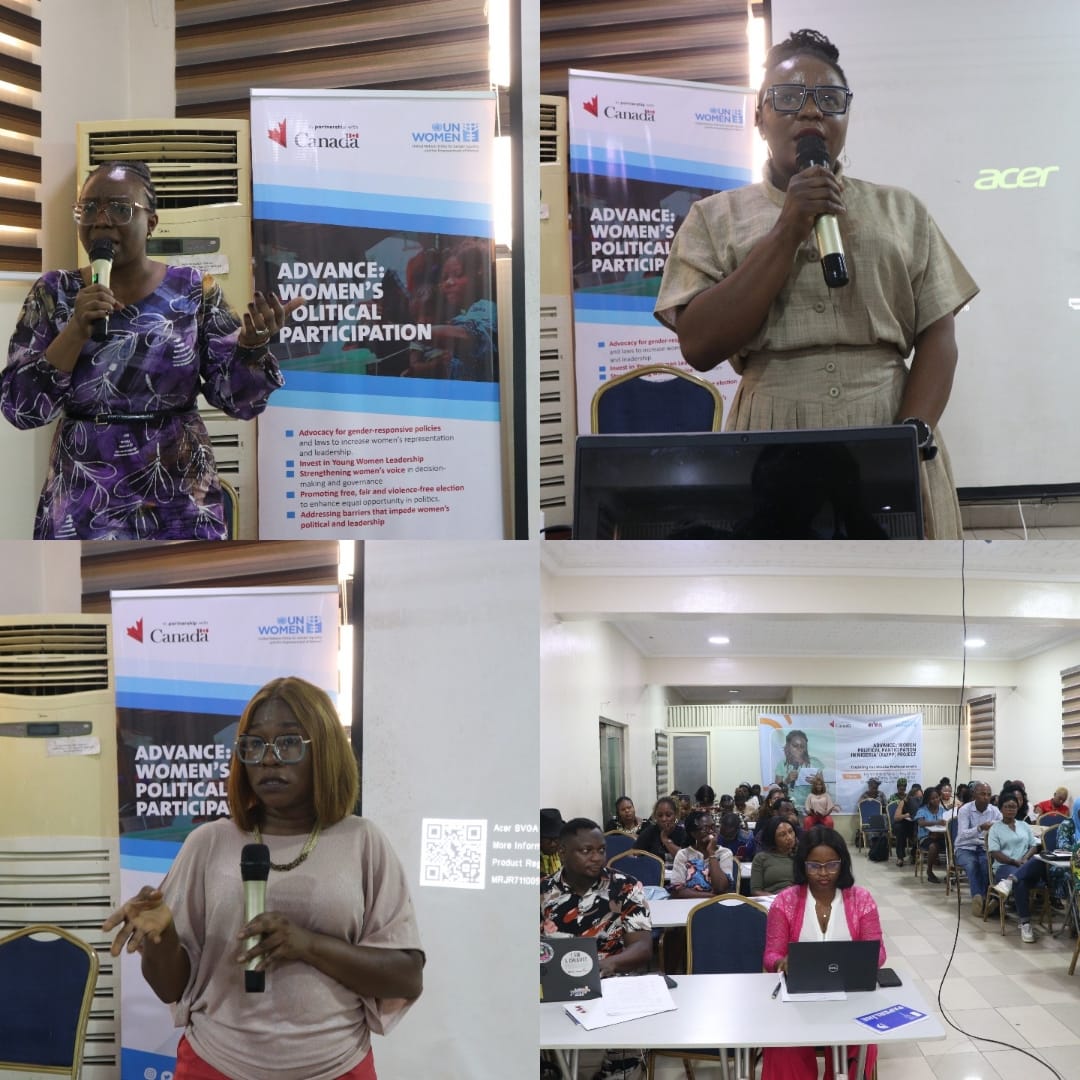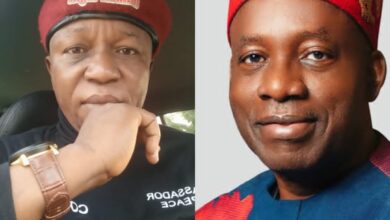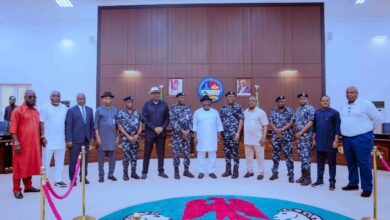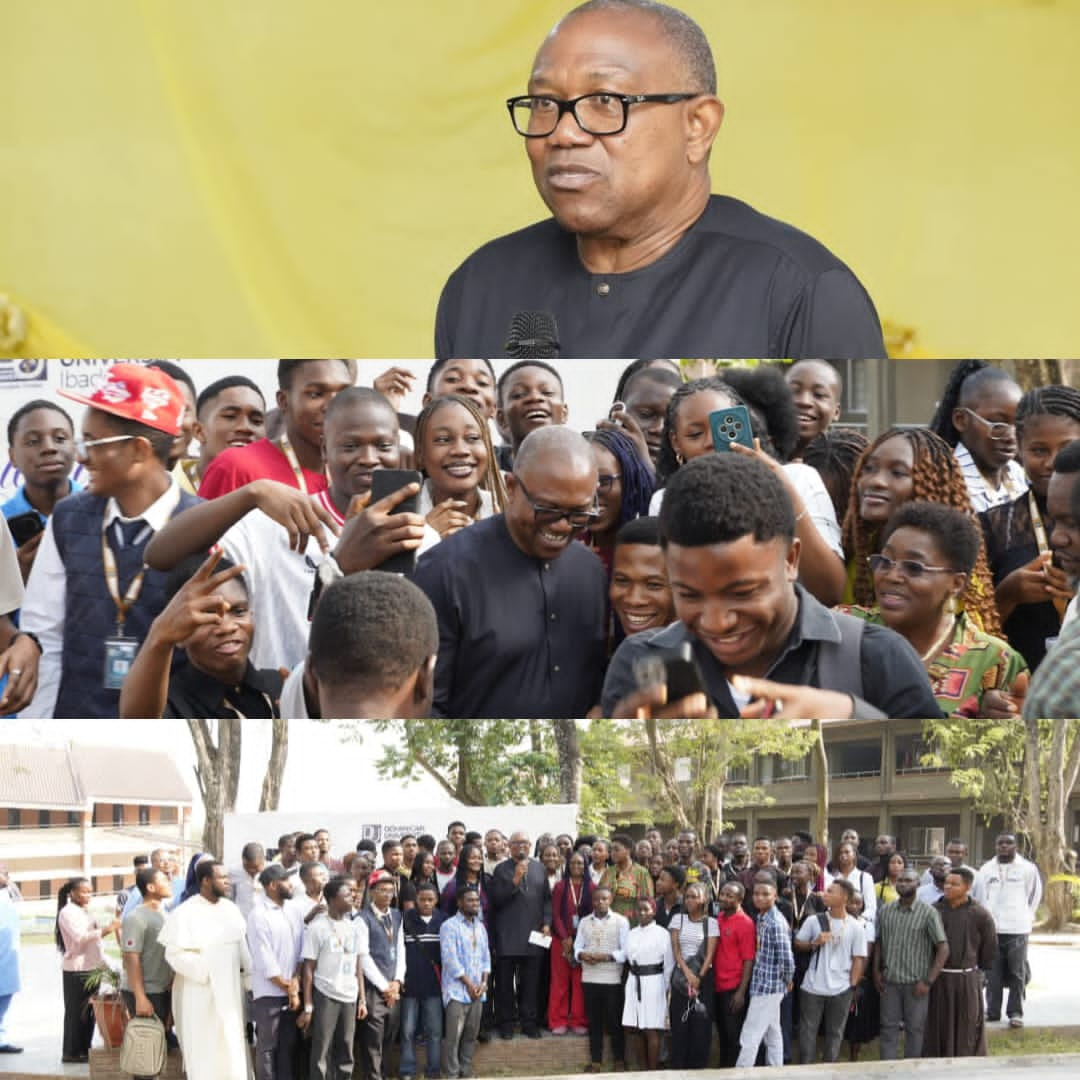ARDA, UN Women urges the media to project and inspire women in leadership through positive reportage

ARDA, UN Women urges the media to project and inspire women in leadership through positive reportage
By Naomi Onos
During a one-day media capacity-building program on Wednesday, October 30, 2024, ARDA, in collaboration with the UN Women and the Canadian government, encouraged journalists to support and portray women-driven political leadership through positive reporting.
Following the low turnout of women in political leadership roles in the upper and lower chambers of Nigerian government compared to their male counterparts, the Women Political Participation in Nigeria (AWPP) project aims to improve the inclusion of women in political leadership and government across appointive and electoral positions in accordance with the mission of ARDA and UN Women. The AWPP’s handbook on “How Media Should Portray Women in Political Leadership and Governance” offers strategies for conducting a campaign free from prejudice and stereotypes.
Mrs. Jesudunsin Odusanya, who gave an overview of women’s representation in political leadership and governance in Nigeria (elective and appointive), noted that the percentage of women to men in political offices has a very wide margin, mostly dominated by men, with poor representation of women in the upper and lower chambers of the government.
This, she says, shows that the level of women’s participation is poor, hence the need to encourage women’s participation by positive projection, not criticism or devaluation. The media plays a vital role to
drive and inspire women’s participation.
Examining some of the reasons behind women’s low political participation turnout, Jesudunsin urged journalists to promote policies that address the issues that hinder women’s aspirations to enter politics, such as the inability to raise the necessary funds to run for office, religious and unconscious bias, a lack of family support, intimidation, sexual harassment, and threats, among other things.
Gender discrimination, gender prejudice, and stereotypical reporting techniques should not be allowed in the media’s role in establishing agendas and pushing policy changes to increase women’s representation in political leadership and governance across elected and appointed positions. Connotative language should be used in the reports instead to support gender equality and equity, the development of varied and inclusive media content, media ethics and responsible reporting, avoiding sensationalism and harm, Jesudunsin explained.
In a press interview, media and development communications specialist Adebisi Adetunji said that it is skewed to believe that female leaders are high handed when exercising control over male followers, which explains why there isn’t much support for female leadership. If it’s normal for a male leader to correct his followers, why not feel same way for female leaders in positions of power? It is not appropriate to compare the actions of men and women in leadership roles. Let her perform her duties as any other person would. A woman in leadership should provide space for other women to fit in, she said, adding that mentorship is necessary.
Politically, Adebisi said, assuming insignificant roles, like welfare secretary, leaving only male folks for leadership seats should be addressed. The political parties should be forward-thinking and open to more women taking on senior roles, not the prototype kinds of roles. The campaign strategy of pushing women to the forefront to gain momentum, then relegating them to the backseat when all is set should not be encouraged.

Media professionals can also consciously address unconscious bias, stereotypes, and harmful gender norms that pose barriers restricting women from taking up leadership and governance positions, she noted.
In conclusion, the media is urged to encourage women to assume political leadership positions alongside men by establishing a gender-sensitive reporting style, formulating an action plan for advancing women’s political participation, and cultivating connections with female politicians and leaders to boost women’s participation and presentation.







